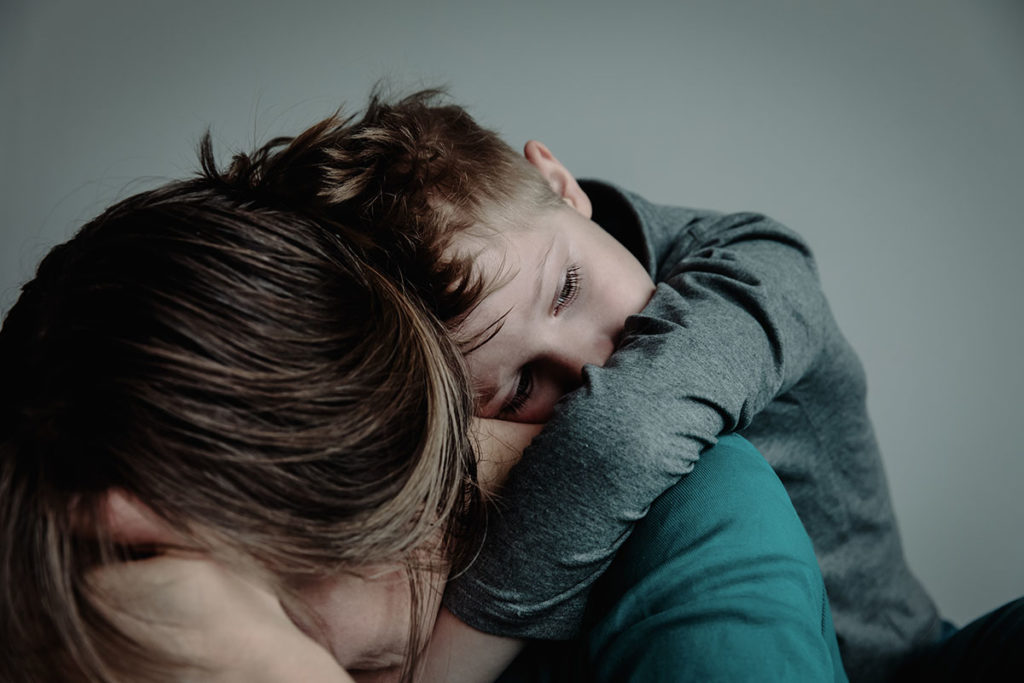It’s no surprise that an addict’s behavior affects people around her, but did you realize just how much it impacts your family? Whether the addict is a parent, a child, a spouse, a sibling, or an extended relative, the addiction causes serious and lasting changes to everyone involved. If someone in your family is struggling with addiction, learn what it’s doing to you and those you love. Once you understand what is going on, you should be motivated to intervene and get the addict in your life the help he or she needs so that everyone will benefit.
1. Partners hurt emotionally, physically, and financially.
The partner or spouse of an addict, whether there are children in the family or not, suffers greatly because of the addiction. The addict spends money on drugs or alcohol and may be out of work because of his habit. The non-addict partner typically picks up the slack and becomes the provider for the family with all the stress and responsibility that comes with that role. The spouse often is damaged emotionally or physically as well. It is typically the spouse who is on the receiving end of the addict’s anger and outbursts.
2. Children suffer lasting damage.
The children of addicts suffer in ways that can be life-long. Young children are especially vulnerable to the harm of having an addicted parent. Some children may suffer the trauma of being abused or neglected. Others, while not abused, end up developing inappropriate behaviors because of the lack of modeling of good behaviors from a parent. This is particularly true for children of a single, addicted parent. These children are even at risk for developing mental disorders, cognitive disabilities, and their own substance use disorders later in life.
3. Older parents take responsibility they can’t afford.
For the aging parents, the problem of an adult child’s addiction is particularly heartbreaking. While they should be relaxing, preparing for, or enjoying retirement and spoiling grandchildren, these older adults are still taking responsibility for their children. Many end up with their adult children living back at home, while some face a financial burden in trying to care for their addicted sons or daughters.
4. Addiction in stepfamilies is complicated.
Addiction in stepfamilies is not uncommon and it can be confusing for children. They may face living in two different households with different rules, expectations, and boundaries. Integration and stability are often challenging in stepfamilies, and this can be exacerbated by addiction in a sibling, parent, or stepparent. Children in stepfamilies are at a greater risk for later substance abuse issues. Using drugs or alcohol can be a coping mechanism for children in conflicted families.
5. Addiction can affect a family for generations.
As if addiction in a family weren’t damaging enough to the current generation, the impacts often echo into the future. The cycle of addiction, trauma, abuse, and neglect are easily transmittable from one generation to the next. A child damaged by an addicted parent is at risk for picking up her own addiction later. She then may damage her own children, and so on. Addiction is a problem many individuals struggle with, but it also reverberates and touches everyone close to the addict. Families, being the closest, often suffer the most. It doesn’t matter who in the family is addicted; everyone will suffer. The only solution is to end the cycle of addiction by getting treatment for the addict and her family members. Call Promises today at 844.875.5609 for the treatment your family deserves.

